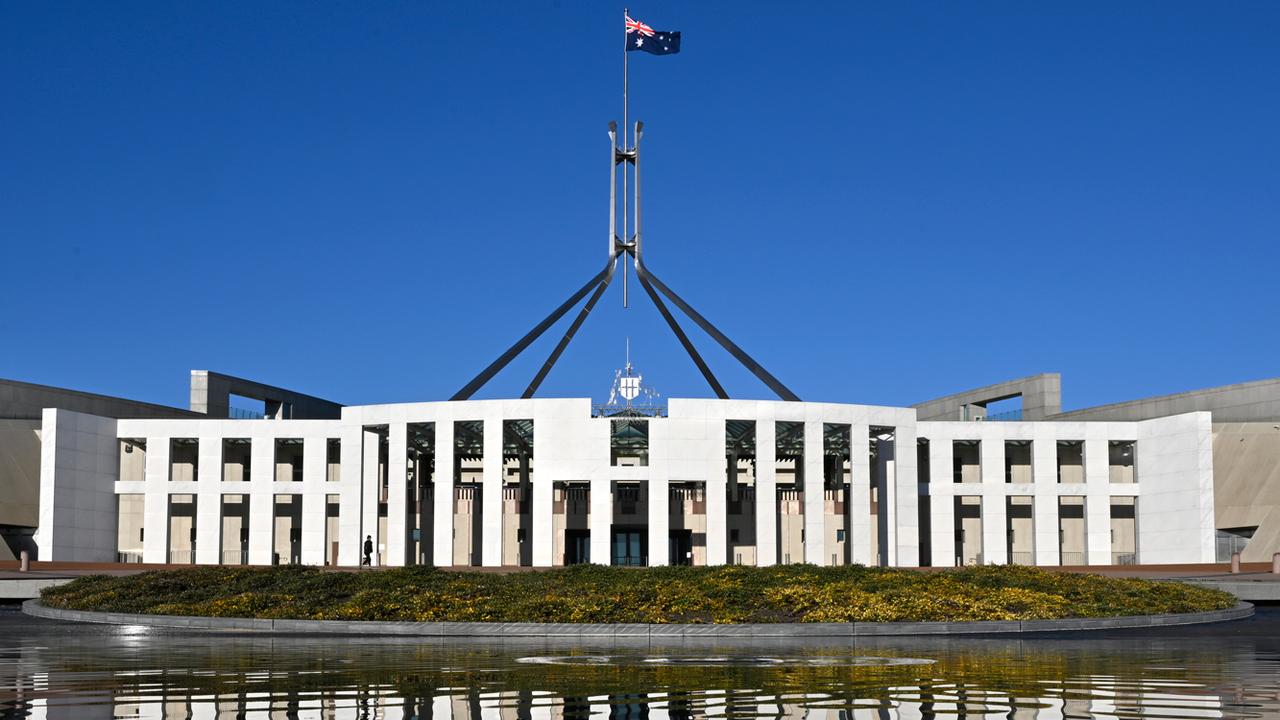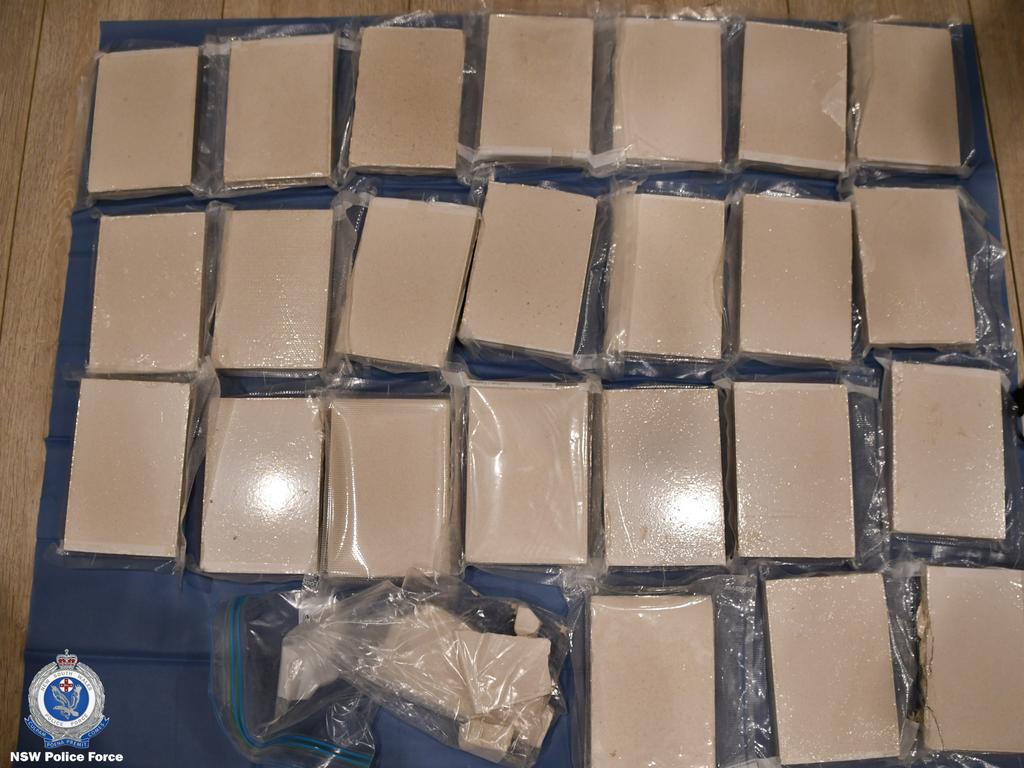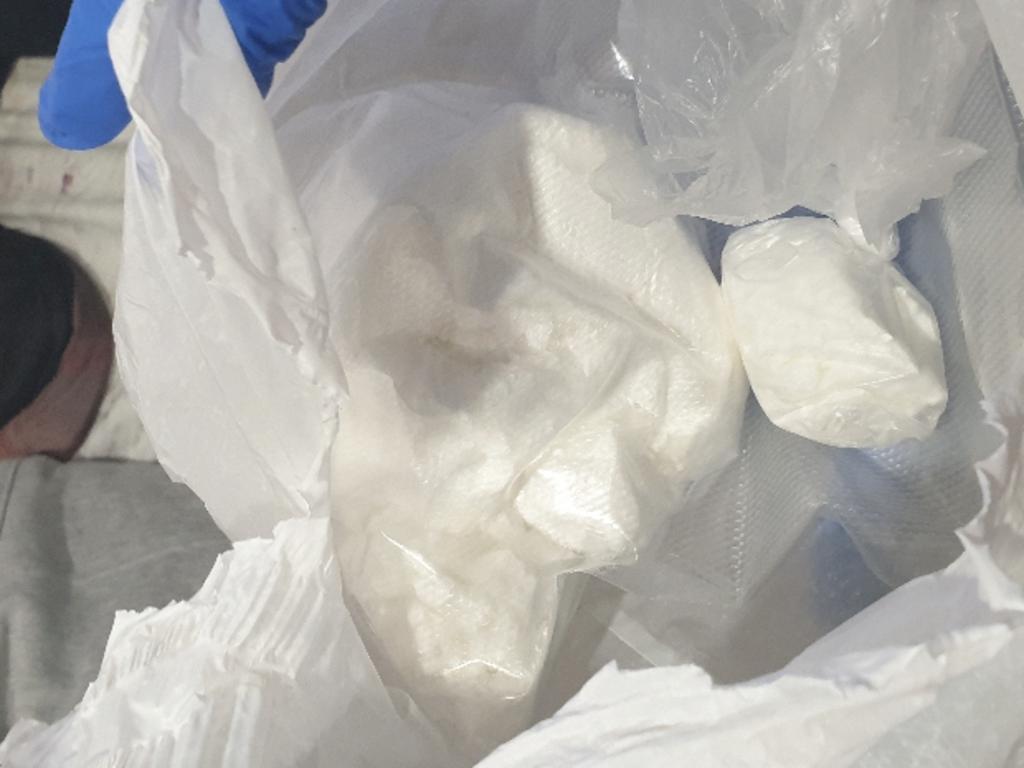Police criticise move by ACT to decriminalise use of cocaine, heroin and ice
A major push from the government to decriminalise the use of illicit drugs in small quantities has sparked anger from police.
A major push from the ACT government to decriminalise illicit drugs in small quantities has sparked anger from police, who believe the shake-up will only attract more crime to the territory — that they claim will become a “fantasy land” for drug users.
Law enforcement in the nation’s capital say the new laws will increase in drug intake and gang activity, running counter to many drug experts who say decriminalisation will lead to a decrease in the number of people using dangerous substances.
The radical drug law changes are set to kick in from October, with ACT set to become the first Australian jurisdiction to decriminalise the use of ice, heroin and cocaine.
AFP Deputy Police Commissioner Neil Gaughan said the changes would lure recreational drug users into Canberra and spark an increase in drug-related deaths.

“We will be seizing drugs and if anyone has anything that looks slightly more than what’s allowed, we will lock them up for supply,” Mr Gaughan said on Monday.
Under the new laws, people caught with decriminalised amounts of drugs such as 1.5g of cocaine, meth and MDMA, or 1g of heroin, will be hit with a $100 fine.
Laws were passed in the Territory’s parliament in December after legislation was introduced by the ACT’s Labor-Greens majority government.
The deputy commissioner said it would be “naive not to think people won’t come down, even for a weekend, to get on the coke and not worry about the cops”.

Curtin University’s National Drug Research Institute professor Nicole Lee said there was no academic evidence to show that decriminalisation would lead to a “honey pot effect”.
“All that is shifting is that we’re moving people out of the criminal justice system and pushing them more towards the health system,” Dr Lee said.
“We also have to keep in mind that 43 per cent of the Australian population have tried an illicit drug in their lifetime, and 10 per cent have used recently, so drugs being illegal doesn’t really stop people using them.”
There are also fears fentanyl, a potent drug that is ravaging the United States, could soon “annihilate” Australian communities.


Since 2019, the Australian Federal Police has been instrumental in preventing 29 kilograms and an estimated 5.5 million lethal doses of fentanyl from hitting Australian streets.
However, decorated AFP member and head of the Australian Federal Police Association, Alex Caruana, says the threat of such hauls slipping through the cracks is perilously real.
He says domestic and international crime syndicates are watching Australia’s policing closely.
“While 30kg doesn’t seem like a lot, that’s a lot of lethal doses out there that could have killed a lot of Australians,” he told news.com.au.
“If it was made in a backyard or a shoddy shed, that figure of lethal doses is likely to increase significantly.”
Mr Caruana said policing a Schedule 8 drug (pharmaceutical) presents nuanced challenges which outright illicit drugs don’t, though the focus remains on cutting off supply lines before either even hit Australian shores.
“We invest in disrupting these crimes before it gets to the country … once it gets to the country then, we’re putting a larger number of Australians at risk,” he said.

Not only is the potent opioid dangerous for those who seek to use it, it can be deadly for the countless customs and police officers who ultimately deal with it at the borders.
“It’s well known that when fentanyl powder becomes airborne, people react to it differently,” Mr Caruana explained.
“So you might only need to inhale a very small amount, I’m talking much less than a gram, for it to be lethal for you.”
A startling claim, however, is that the threat of illegal fentanyl entering the country isn’t borne just from the criminals moving it, but also from the allocation of police funding and resources domestically.
“So the AFP are investing a lot of time and resources overseas to disrupt the crime at the source,” Mr Caruana explained.
“But without the correct funding, without the appropriate resources, we obviously can’t do that.”
In recent years, the abuse of opioids has become a significant public health concern.
One of the most potent opioids is fentanyl, which is about 80 to 100 times stronger than morphine.
Fentanyl is prescribed for chronic pain, severe cancer pain, nerve damage, back injury, major trauma, and surgery.
The Alcohol and Drug Foundation reports that from 2001 to 2021, there were 833 deaths in Australia related to fentanyl.
– with Jack Evans
Originally published as Police criticise move by ACT to decriminalise use of cocaine, heroin and ice


